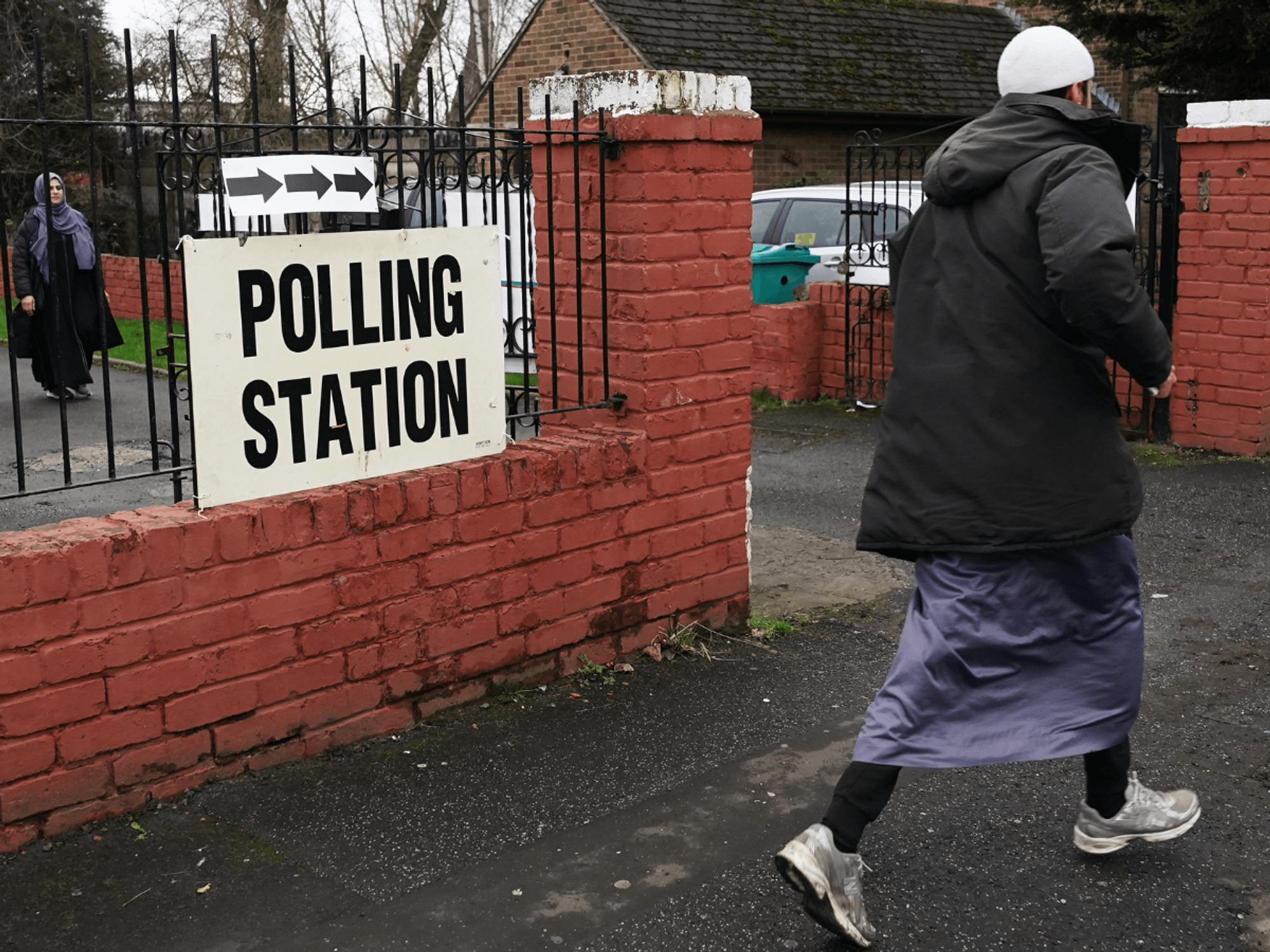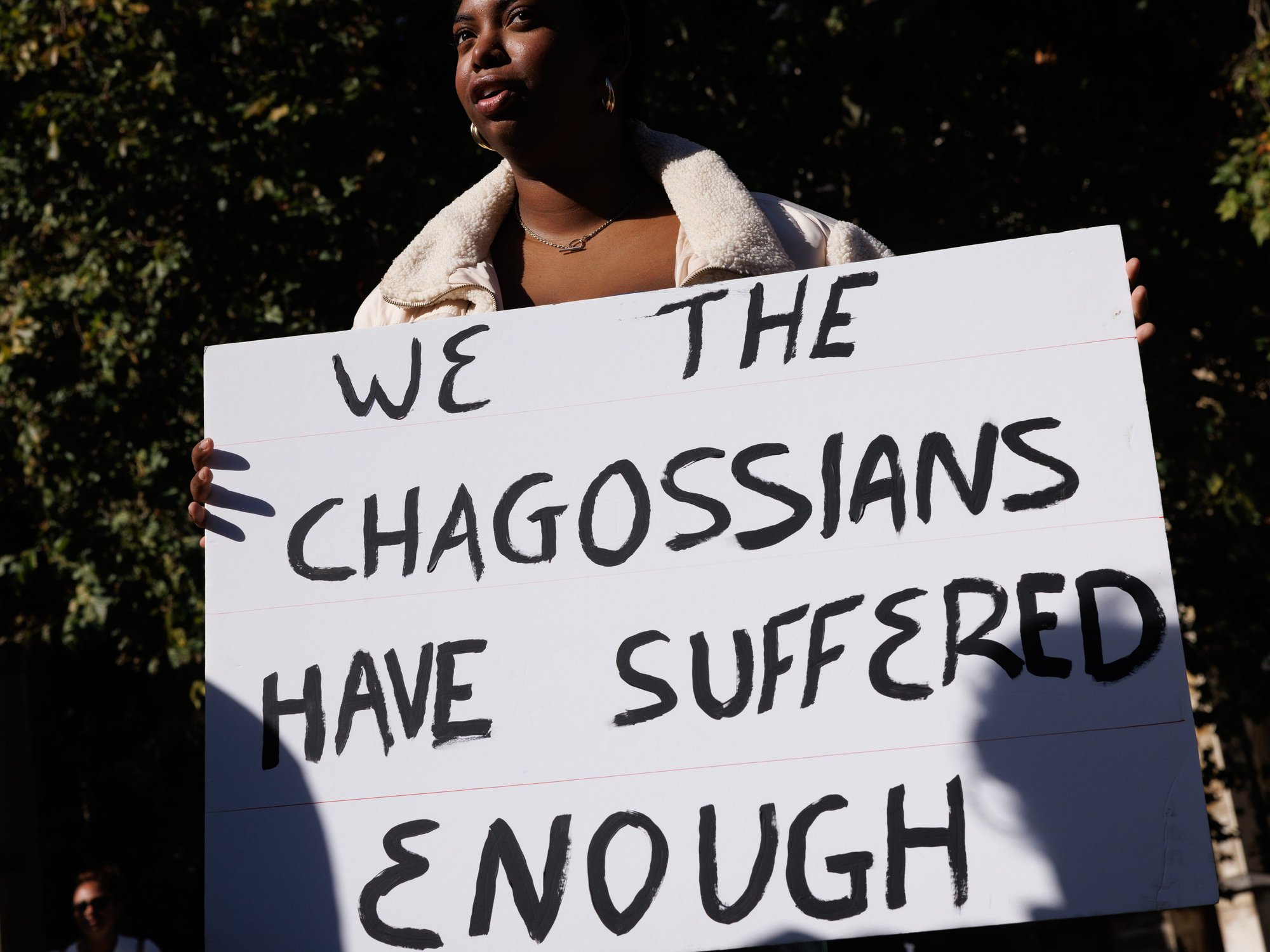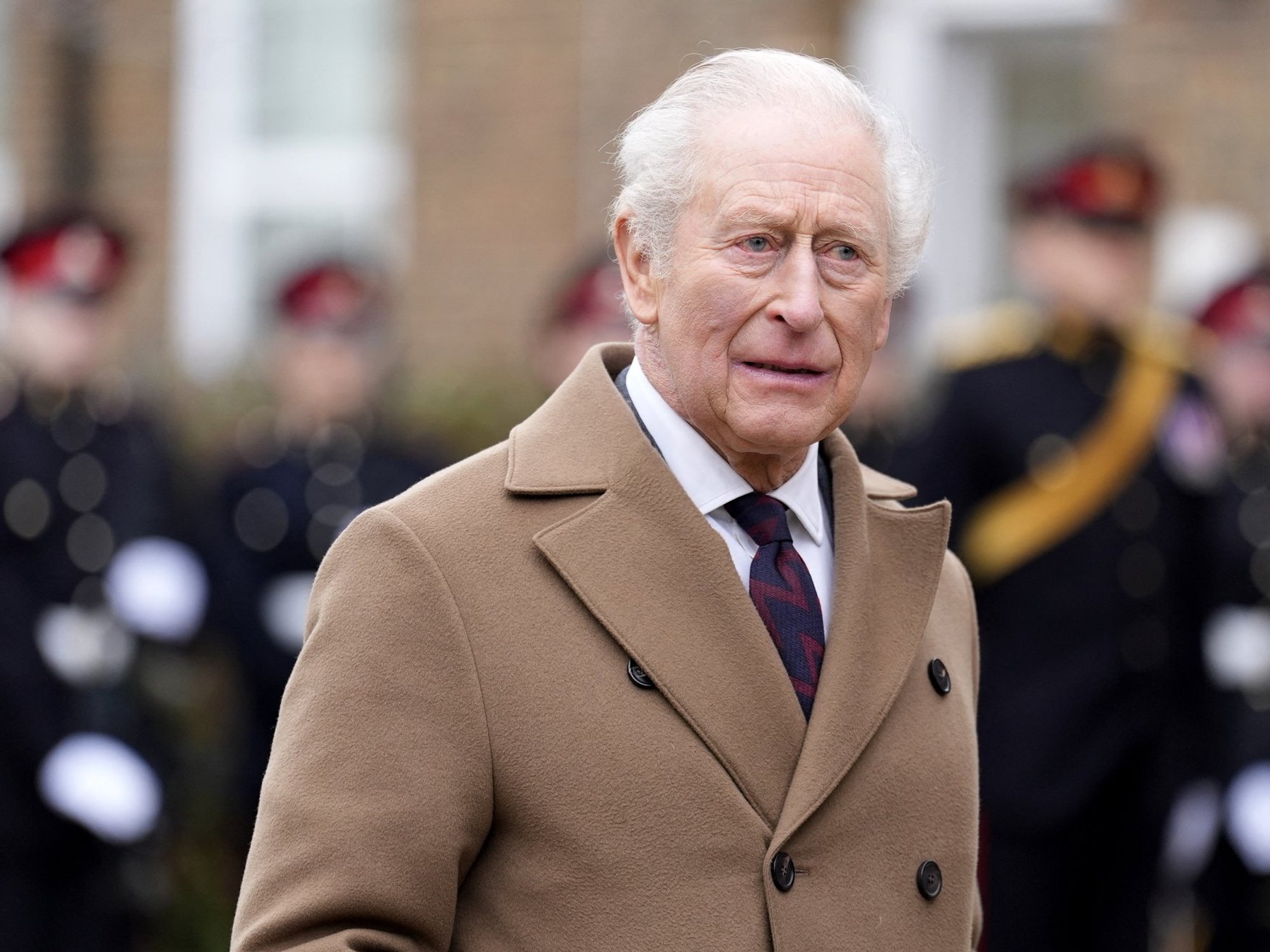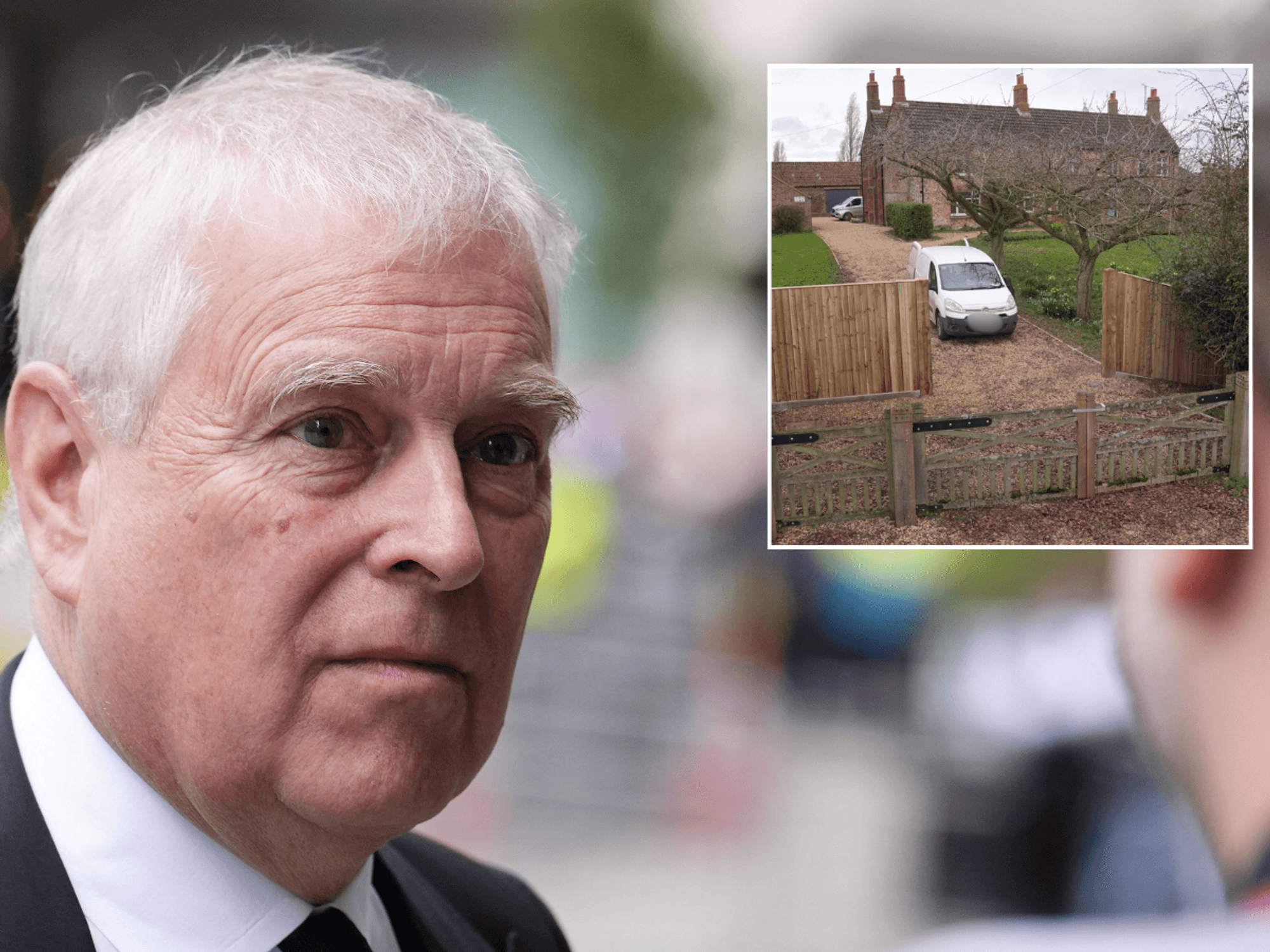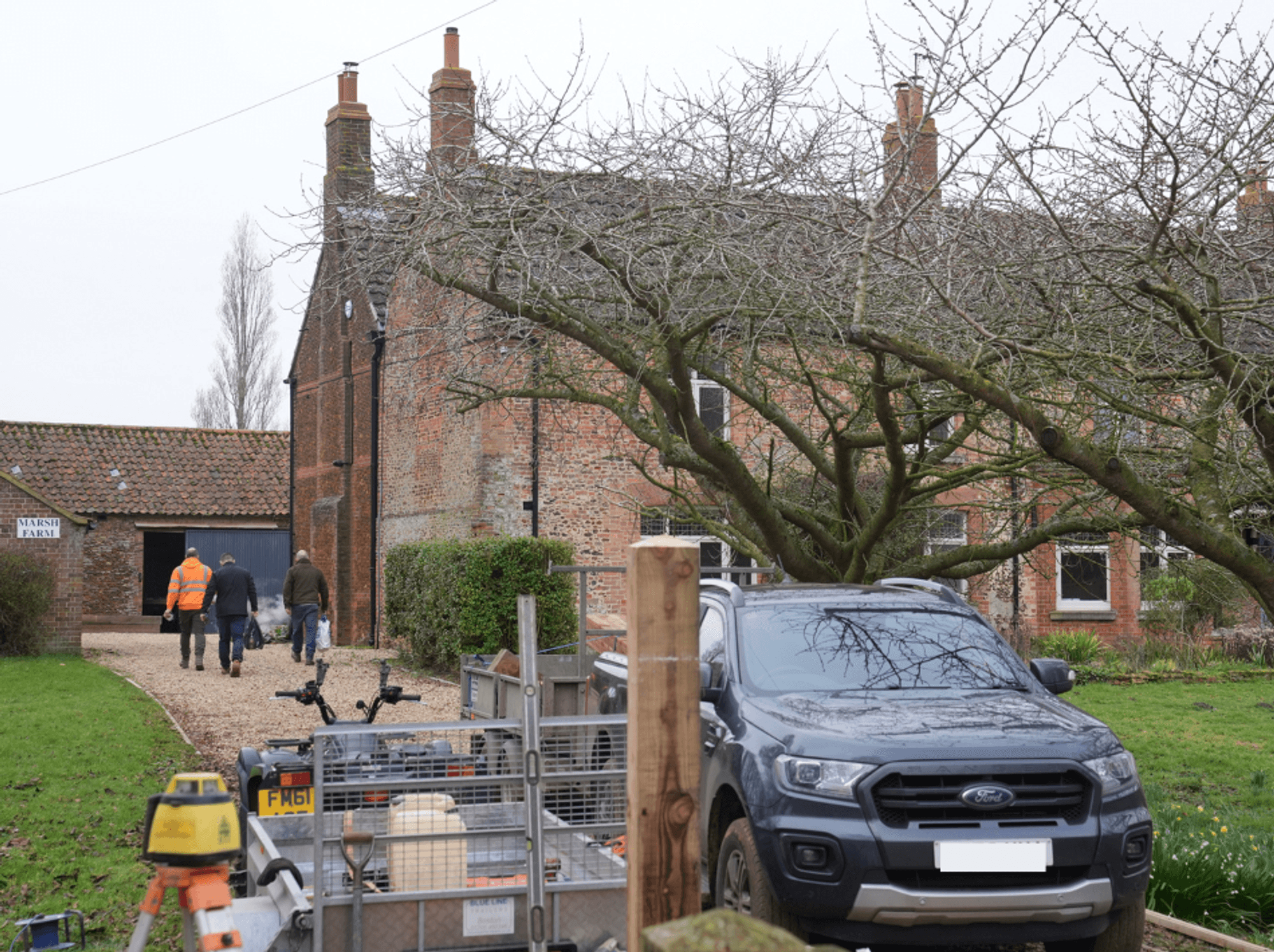The Divine Mrs S is a rousing feminist night out at Hampstead Theatre: Theatre review
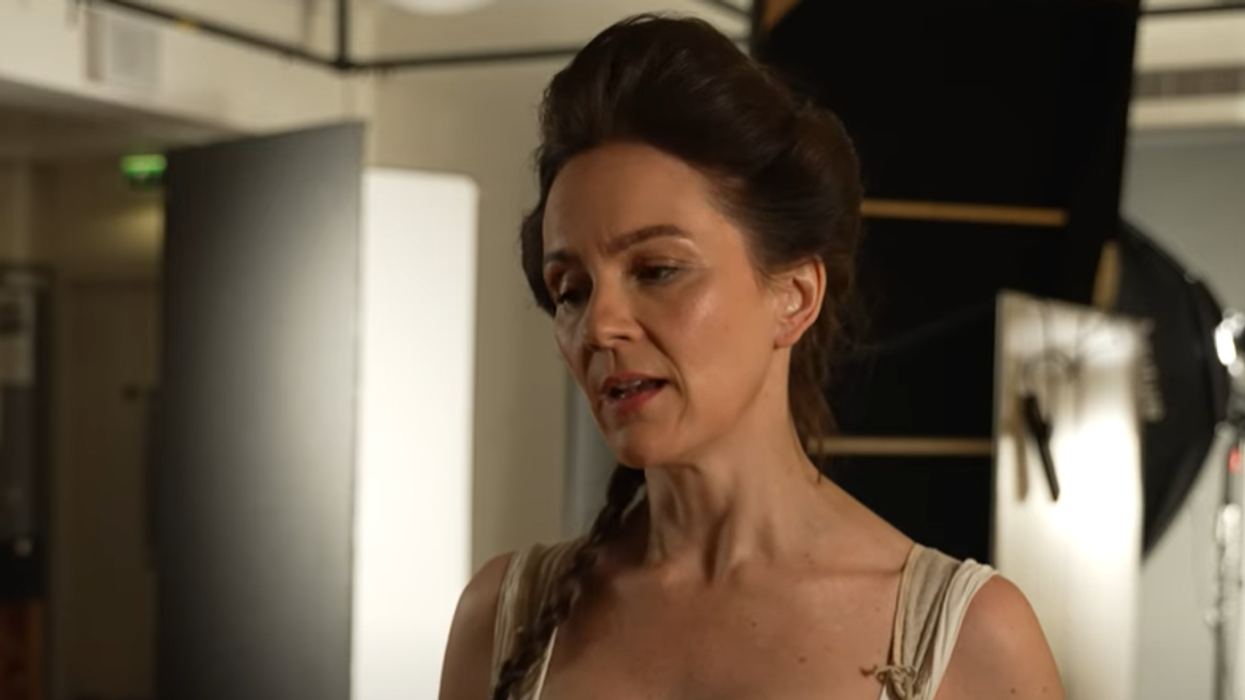
The Divine Mrs S is in theatres until April 27
|Hampstead Theatre
The Divine Mrs S plays at Hampstead Theatre until April 27
Don't Miss
Most Read
‘Smash the patriarchy!’ shrieks one character in April De Angelis’ new play, The Divine Mrs S.
This line certainly sets the tone for a dizzying 2 hours of drama at Hampstead Theatre covering the life of actress Sarah Siddons.
Often hailed as the greatest leading lady of the late-18th and early 19th-century, Siddons had a dazzling reputation.
The Divine Mrs S is a feminist romp that covers her professional and personal highs and lows, whilst also probing the sensitivities of celebrity status.
At the heart of The Divine Mrs S are three real women from history who exerted an unbelieve force over the trajectory of British theatre. Sarah Siddons (played by Rachael Stirling) was best known for her tragic roles, particularly Lady Macbeth.
Siddons’ career was largely controlled by her husband, while her brother John Philip Kemble (played by Dominic Rowan) acted alongside her in several productions. De Angelis’ forgerounds two other key players in theatre history, Scottish playwright Joanna Baillie (Eva Feiler) and Anna Larpent (Sadie Shimmin), the wife of contemporary theatre censor John Larpent.
Baillie wrote anonymously, with her plays consistently plunging deeply into psychology and emotion. And the role of Anna Larpent cannot be understated; although her husband was the official ‘English Inspector of Plays’ from 1778-1824, his wife has been said to have played a considerable ‘invisible’ role in shaping the theatrical landscape of the period.
De Angelis’ play, under Anna Mackmin’s superb direction, follows Siddons as she attempts to control her image both in public and in private while interacting with these different figures.
Ultimately, this is a drama about acting. Plays about plays have proliferated in the West End of late - take Jack Thorne’s wildly successful The Motive and the Cue, and Sheridan Smith’s slightly less triumphant stint in Ivo Van Hoe’s Opening Night.
The Divine Mrs S participates in this trend with several sharp, unique moments. Lez Brotherston’s beautiful set helped these moments sing; while the front of the Hampstead Theatre stage was Siddons’ dressing room, the back was hidden by a curtain which, when opened, revealed a black wall signifying the audience of Drury Lane. When Siddons and the other cast turned back to face us, then, we were cleverly transported ‘backstage’. This simple move exacerbated just how close and blurred the boundaries are in performance.
Another fascinating addition here was when Siddons was spotlighted and effectively announced stage directions to the audience.These little breaks into the third person again created an opportunity to crack open the complex connections between actress, character and audience. Siddons and her fellow actors never stop acting, even when they’re backstage: that is the point.
We are constantly performing to one another, and to ourselves, whether we realise it or not. And an inability to separate the real from the unreal has troubling consequences, something symbolised by the fate of Clara, a mother so enraged by Siddons’ performance of Mrs Heller she abandons her home and her children.
The inclusion of playwright Joanna Baillie in The Divine Mrs S doesn’t just purely amplify the success of women in theatre in 1800. Baillie’s plays are principally concerned with emotional contagion and affect, as jealousy is singled out as a potent force in De Montfort which continually impacts how physical bodies behave.
De Angelis’ inclusion of Anna Larpnet as a character draws attention to a pressing contemporary concern following the Civil War and Restoration: how do you control big, unruly crowds that are whipped up into a frenzy? This was a question that puzzled early modern dramaturgs too, but one that was even more pertinent in Siddons’ time period given that the French Revolution was raging just across the channel.
De Angelis expertly foregrounds these kinds of questions throughout The Divine Mrs S, especially through the character Clara. Whilst probing these contemporary historical questions about the worrying force of theatre, De Angelis goes a step further, at the same time addressing Siddons’ celebrity. Her influence over the audience is not just one way; what is also emphasised is the power of playgoers in making, and potentially breaking, the leading stars.
It is only because they buy into Siddons’ performance that she becomes the celebrity that she is, and throughout, De Angelis points to how precarious and fragile this transactional relationship is. On the whole, such issues with the force and power of feeling are entirely present in Baillie’s plays, demonstrating how De Angelis’ decision to use Baillie as a vehicle to confront Siddons’ celebrity is an excellent and thoughtful move.
LATEST DEVELOPMENTS:
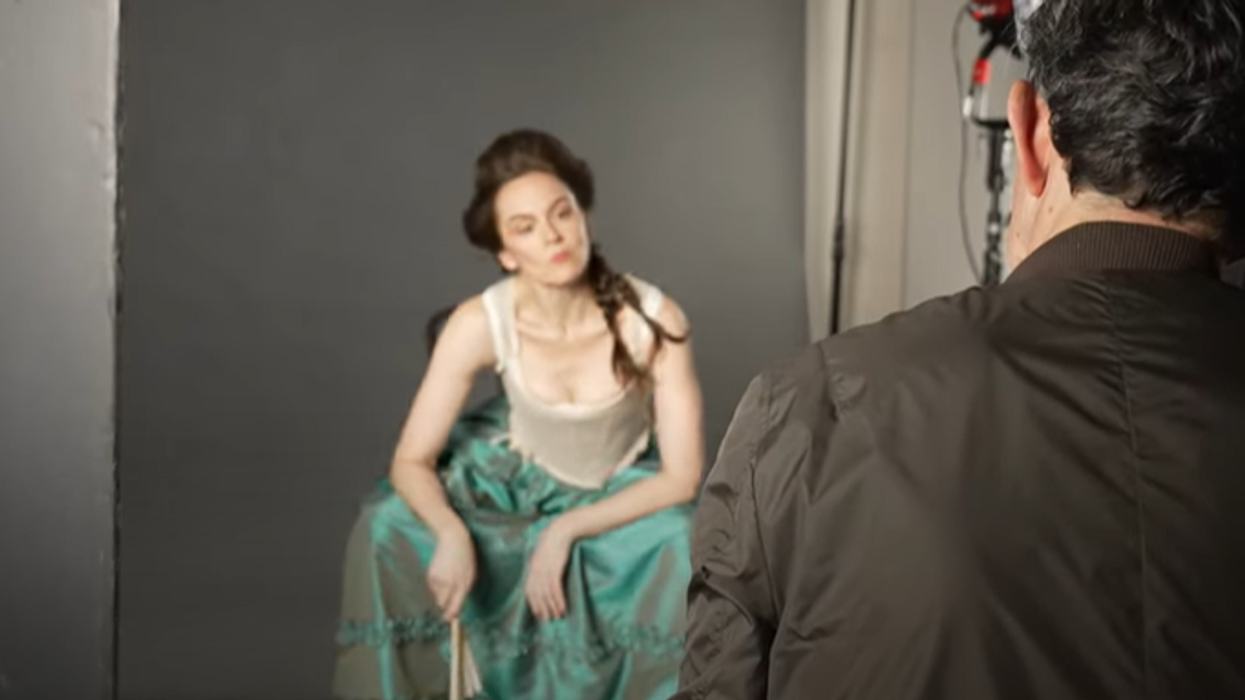
Backstage of The Divine Mrs S
|Hampstead Theatre
Rachael Stirling as Siddons was rousing. There was such power, such clarity in her performance - her movement was strong and purposeful, as was her voice. Eva Feiler was especially impressive in how she negotiated several roles; her performance as Clara was moving, as was Anushka Chakravarti’s in the role of Patti.
Occasionally dipping into the grossly uncomfortable aspects of womanhood and patriarchy, Stirling, Feiler and Chakravarti were fantastic to watch. For a play all about women and acting, it is impossible not to mention Dominic Rowan here, as he was outrageously funny as Kemble.
The Divine Mrs S features a lot of swearing, a lot of laughs, and a lot of biting moments which emphasise the stunning star-power of Sarah Siddons and Joanna Baillie as leading women both in front of and behind the curtain on the late-Georgian stage. Hurrah for them, and hurrah for women like Stirling, Feiler, Chakravarti, Shimmin, De Angelis and Mackmin who have picked up their mantle and continue to run at blistering speed in theatres across the world.
The Divine Mrs S plays at Hampstead Theatre until 27th April 2024. Buy tickets here: https://www.hampsteadtheatre.com/whats-on/2024/the-divine-mrs-s/





